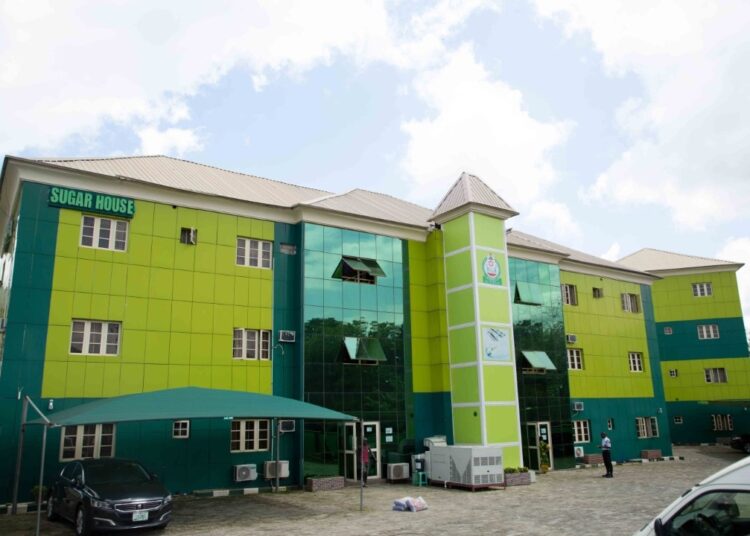Sugar refining companies in Nigeria risk losing their raw sugar import quotas unless they urgently scale up their local production efforts under the Backward Integration Programme (BIP), the National Sugar Development Council (NSDC) has warned.
Speaking at a tripartite meeting involving the NSDC, the Federal Ministry of Industry, Trade and Investment, and major BIP operators, the executive secretary/CEO of NSDC, Kamar Bakrin, said the Council had intensified oversight and introduced stricter performance tracking for refiners lagging behind on their commitments.
“The operators must act immediately to stop the deterioration in the output of their current operations, especially around the issues of agronomic and factory practices, which are clearly below global norms and standards,” Bakrin said. “They must also actively expand their existing brownfield operations.”
He said while importing and refining raw sugar may seem profitable, the real value lies in local cultivation and processing — a long-term goal of the National Sugar Master Plan (NSMP).
Bakrin disclosed that many operators had cited specific challenges delaying their BIP execution, including regulatory loopholes in the Free Trade Zone (FTZ) regime, prolonged customs delays at ports, smuggling, and resistance from host communities.
“The loopholes in the FTZ regime are being addressed by the ongoing amendment of the NSDC Act by the National Assembly,” he said, adding that the Council is also engaging with the Nigeria Customs Service, (NSC) and security agencies to tackle equipment clearance delays and sugar smuggling.
On community issues, he said, “The Council consistently intervenes and has actually driven the resolution of these grievances, especially the more significant ones that have been experienced in places like Numan in Adamawa State. At the moment, there is no backward integration programme in which the host community has restricted access to a significant proportion of land.”
The NSDC is also pursuing financial interventions to help firms reduce production costs, particularly for irrigation.
“One of the things we need to do is aggressive pushing of a sugar sector development fund, as well as securing guarantees that will allow the cost of borrowing to come down,” Bakrin said. “We may also support irrigation facilities — not necessarily as grants — but just to lower the overall cost of irrigation infrastructure.”
He said the Council is targeting a short-term improvement of up to 200,000 metric tonnes of raw sugar annually from existing sugarcane plantations if basic agronomic and processing standards are improved.
Chairing the meeting, minister of state for industry, trade and investment, Senator John Owan Enoh, backed the Council’s position, saying import quota allocation going forward will be tied strictly to each company’s BIP performance.
“My ministry will take greater interest in monitoring the activities and performance of the BIP operators,” Enoh said.





